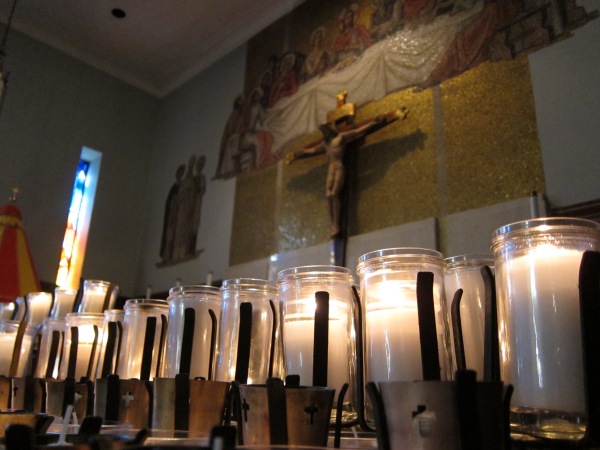Well, yesterday, was an interesting day! I wonder what the Holy Spirit thought of it? I wonder what the Holy Spirit did to relax at after such a day. A day of monumental gender justice equality. A day of monumental ecclesiastical politics mixed with hatred, fear, power plays, denial of justice, and human inequality. Yeah, what would any of us do after a day like that!
I had finished my day of chaplaincy and started the car for the ride home from the skilled nursing facility I had been visiting. That’s when I heard the news on the car radio that made me want to jump up and down. The Anglican Synod had approved a new rule to allow women to serve as Bishops!! It still has to be ratified but…Yes! That is wonderful! The first person to see the risen Christ, and thus become an apostle, was Mary…and now the church has decided that woman can hold ecclesiastical seats of power. Imagine that! Honestly I thought the news was so wonderful, despite my snarky inner dialogue, that I cried.
Later in the evening I sat down to check the news on Facebook, oddly there was no chatter about women being approved to serve as Bishops in the Anglican church. There was the news, however, that the Methodist Church in Pennsylvania had convicted one of their own Bishops for presiding at the marriage ceremony of his own son; the Bishop was convicted of showing the love of God in presiding over a religious ceremony because the two people being married to one another were men, and that is against Methodist law. It was an ugly act to convict a Bishop for celebrating love, particularly the love of his own child. It was an act of homophobia and hate to convict a man who had faithfully served the church for over twenty years for celebrating a marriage. It was an act of clergy abuse for the ecclesiastical structure to expect any individual clergy to choose the law of church over the needs of the clergy’s family. It was a power play to make an example of one clergyman and further the continuation injustice perpetrated towards an entire segment of humanity, a whole segment of the Christian church. I read this news in disbelief, how could the “powerful” and “influential” Methodist church do such a unloving thing? I wanted to cry. I wanted to repent for having been confirmed in a Methodist church as a youth. I was ashamed for having been formed by a Methodist seminary. I was thankful to be ordained in the United Church of Christ where “no matter who you are, or where you are on life’s journey you are welcome”. I thought of Jesus and was sure that as throngs of people gathered to him, no one was ever asked about their sexual orientation before being invited in to the Master’s presence.
So there it was a monumentally mixed day–more liberation for women within the church and more discrimination against allies of GLBT Christians, let alone GLBT Christians themselves. So I sat there looking at the computer screen wondering how to react to it all. Because, really after a day of church news like that what does one do? Cheer? Mourn? Celebrate? Cry? I hope at the end of yesterday that the Holy Spirit had a glass of wine, or whatever spiritual energetic equivalent is available to her! Perhaps we should just all pray, pray that the Holy Spirit continues to guide the churches to justice and to peace for all people.

